Repositories
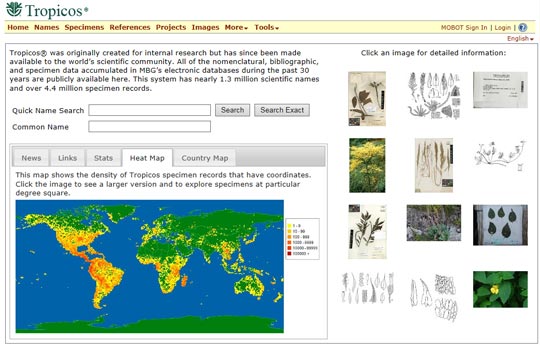
Tropicos®
Missouri Botanical Garden’s Tropicos® is the world's largest single repository of scholarly botanical information made freely available online. Tropicos has been sponsored by the National Science Foundation, the Andrew W. Mellon Foundation, and the Institute for Museum and Library Services.
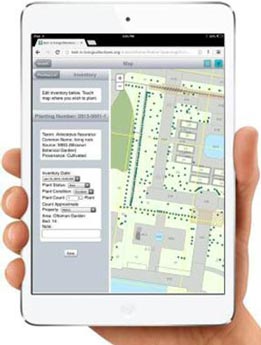
Living Collections Management System (LCMS)
The Garden's Living Collections Management System is a web-based database and GIS system that manages the records of the entire living collection of over 28,000 accessions. Utilizing mobile tablet computers, individuals can use the system while in the garden or greenhouse to accurately and efficiently map new plants, inventory plant collections, and prepare tree assessment surveys. The LCMS has been sponsored by the Institute for Museum and Library Services, the Fidelity Fund, and the Kemper Foundation.
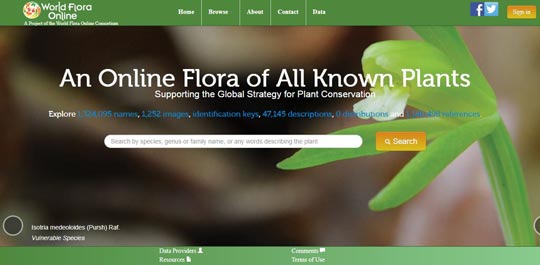
World Flora Online (WFO)
The Garden is collaborating with over 30 other institutions to develop the World Flora Online public portal. This portal will contain a record for every land plant on earth, estimated at 400,000, including descriptions, conservation information, and images. The Garden's supporting work has been sponsored by the Bayer Corporation.
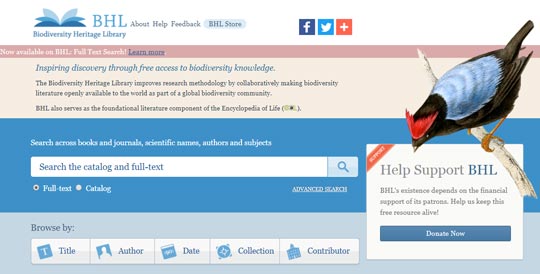
Biodiversity Heritage Library (BHL)
The Biodiversity Heritage Library (BHL) is the world’s largest open access digital library for biodiversity literature and archives. CBI has served in a leadership role for the technical direction of BHL and development of its portal. The Garden’s supporting work has been sponsored by the John D. and Catherine T. MacArthur Foundation and by the Gordon and Betty Moore Foundation.
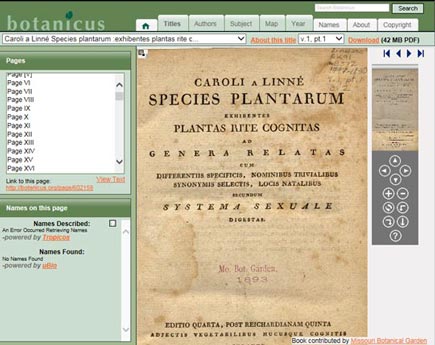
Botanicus
Botanicus is a freely accessible portal to historic botanical literature from the Missouri Botanical Garden’s Peter H. Raven Library. It has been supported by funding from the Institute of Museum and Library Services, the W.M. Keck Foundation, and the Andrew W. Mellon Foundation.
Projects
Past
Consumers as Creators
Consumers as Creators: Understanding the annotation needs of the scientific community through the domain of botany was a project whose goals were to analyze botanical researchers’ annotation needs and develop a prototype of how those needs may be met within a digital library platform. It was funded by the Institute of Museum and Library Services. |
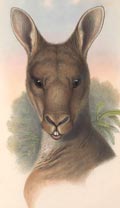 |
| |
Mining Biodiversity
Mining Biodiversity: Enriching Biodiversity Heritage with Text Mining and Social Media was a project whose goals were to transform BHL into a next-generation social digital library resource to facilitate the study and discussion of legacy science documents by a worldwide community and to raise awareness of the changes in biodiversity over time in the general public. The Garden's supporting work has been sponsored by the Institute of Museum and Library Services. |
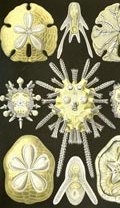 |
| |
Purposeful Gaming
Purposeful Gaming and BHL: engaging the public in improving and enhancing access to digital texts was a project whose goal was to enhance and improve access to digital texts by engaging the public through gaming. It was funded by the Institute of Museum and Library Services. |
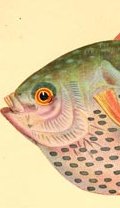 |
| |
Art of Life
The Art of Life: Data Mining and Crowdsourcing the Identification and Description of Natural History Illustrations was a project whose goal was to liberate natural history illustrations from the digitized books and journals in the BHL through development of software tools for automated identification and description of visual resources. It was funded by the National Endowment for the Humanities. |
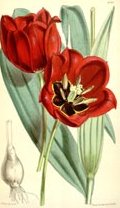 |
| |
Engelmann Online
Engelmann Online presents materials digitized for 2 projects: Digitizing Engelmann’s Legacy and Engelmann Correspondence. These relate to various historic collections assembled during the life of George Engelmann who, for five decades, presided over the scientific community in St. Louis as a medical doctor, president of two scientific academies, and adviser to Henry Shaw in the construction of MOBOT. Both projects were funded by the Institute of Museum and Library Services. |
 |
| |
Rare Books from MBG Library
More than 3,000 rare and unique volumes held by the Missouri Botanical Garden Library were digitized and published online. It was funded by the Trio Foundation of St. Louis and the Mellon Foundation. |
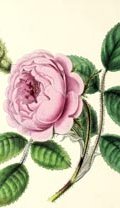 |